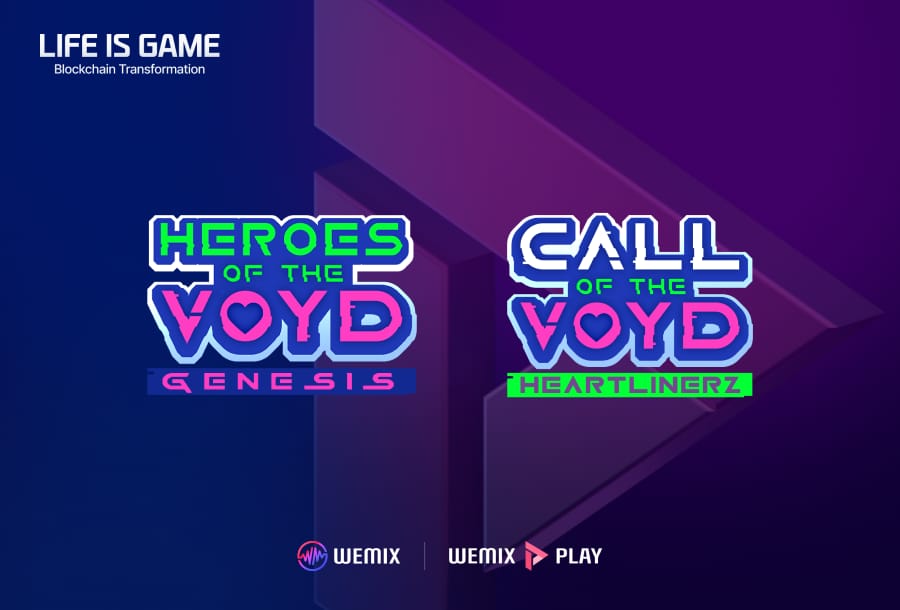The Web3 startup aPriori recently announced a $20 million fundraising to expand its onchain trading platform.
The goal is to bring high-frequency trading (HFT) directly onchain, addressing the technical and market challenges that still hinder the full maturity of decentralized finance (DeFi). This significant step comes at a time when institutional investors are showing increasing interest in DeFi as an alternative source of yield.
The funding round saw participation from prominent names such as Pantera Capital, HashKey Capital, Primitive Ventures, IMC Trading, and Gate Labs, bringing the total raised by aPriori to $30 million. A clear signal of how the sector is attracting capital and attention from major players in the financial world.
The origins of aPriori and its mission for onchain trading
Founded in 2023 in San Francisco, aPriori was born from the experience of former quant traders and engineers from companies like Coinbase, Jump Trading, and Citadel Securities. The team identified a series of issues in onchain markets that limit efficiency and competitiveness compared to traditional markets.
Among the main challenges the platform intends to address are:
- Wide spreads: the difference between buying and selling prices, often wider in decentralized markets compared to regulated ones.
- Miner Extractable Value (MEV) leakage: the loss of value due to extraction strategies by miners, which can penalize traders.
- Toxic order flow: order flows that expose market makers or liquidity providers to adverse selection risks, a well-known phenomenon in traditional finance but even more insidious in onchain markets.
The race for institutional onchain trading infrastructure
aPriori is entering an increasingly crowded landscape of startups aiming to bring institutional-grade trading infrastructure to the onchain world. Earlier this year, the startup Theo also raised $20 million from investors like Citadel, Jane Street, and JPMorgan to develop high-frequency trading and market-making strategies on blockchain.
Other similar projects include:
- Aevo (formerly Ribbon), focused on infrastructure for derivatives and options.
- The decentralized exchange dYdX, among the most advanced in the sector.
- Cega, which is developing structured products for onchain markets.
These initiatives testify to an unstoppable trend: the demand for professional tools and infrastructure for decentralized trading is constantly growing, driven by the interest of institutional investors.
Why institutions are looking at DeFi
In recent months, several factors have pushed large institutions to explore the opportunities offered by onchain markets. On one hand, favorable regulatory developments and the perceived advantages of blockchain are breaking down many of the entry barriers. On the other hand, the possibility of achieving higher returns compared to traditional money markets is an attraction hard to ignore.
According to data from RWA.xyz, tokenized private credit markets currently offer an average annual rate (APR) of 9.76%. This segment, worth about $15.6 billion, represents over half of all tokenized onchain activity. Numbers that explain the growing interest of institutional investors, always in search of new sources of yield in a context of low rates and saturated markets.
The experiment of large institutions
It’s not just startups moving in this direction. Even giants of traditional finance are experimenting with strategies increasingly aligned with the crypto world. A significant example is JPMorgan Asset Management, which recently committed up to $500 million in Numerai, an AI-based hedge fund that crowdsources trading models.
Numerai, launched in 2017 with one of the first native tokens, represents an emblematic case of the convergence between quantitative finance and blockchain. A signal that the boundaries between traditional and decentralized finance are becoming increasingly blurred, paving the way for new forms of innovation.
The future of onchain trading
The influx of institutional capital and know-how promises to accelerate the maturation of onchain markets. The arrival of platforms like aPriori, capable of offering advanced trading infrastructure and addressing major technical challenges, could represent the missing piece to make DeFi truly competitive with regulated markets.
If the current trend continues, we are likely to witness a gradual integration between the two worlds, with the emergence of new products, strategies, and investment opportunities. For now, aPriori’s fundraising marks another important step towards a future where decentralized finance will no longer be just the domain of pioneers, but also of large institutions.






